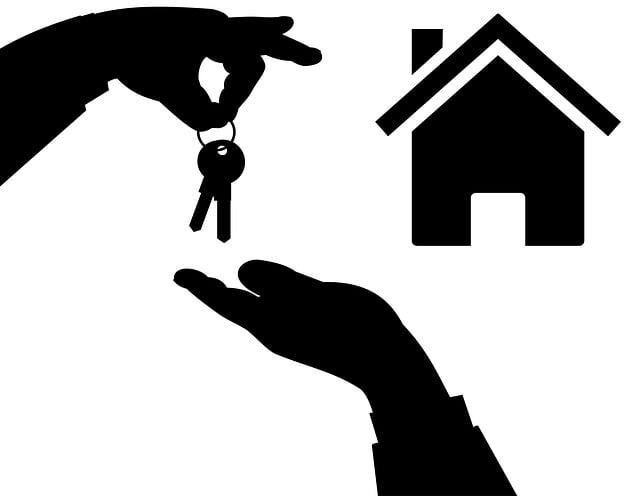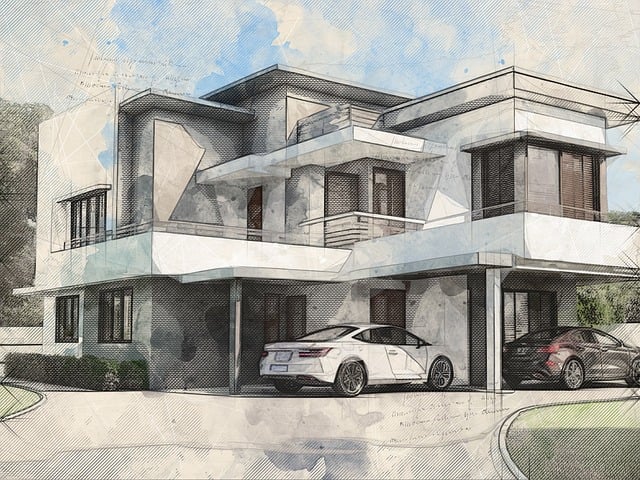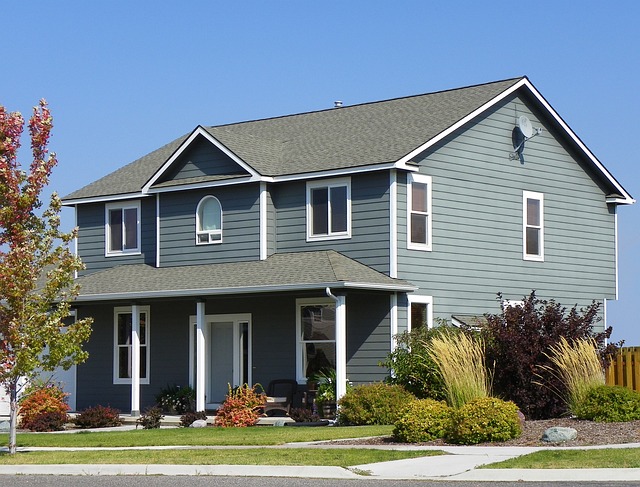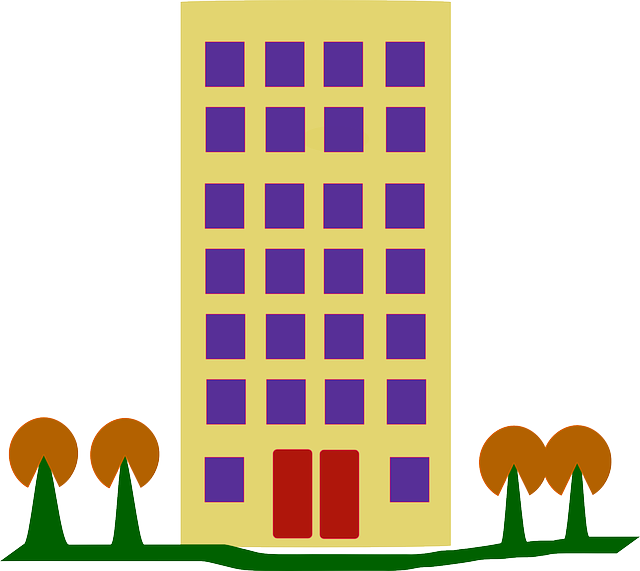Choosing between an Executive Condo (EC) and a Housing & Development Board (HDB) flat in Singapore involves a variety of considerations. ECs are designed for families with higher income ceilings who do not qualify for subsidized housing but still require larger living spaces, offering a middle ground with a 99-year leasehold tenure that's more flexible than traditional HDB flats. ECs are typically situated in areas with excellent connectivity and near amenities like shopping centers and transport networks, making them ideal for those who prioritize convenience and space. HDB flats, on the other hand, cater to a broader spectrum of the population, with a focus on affordability and practicality. They come with a 99-year lease and are strategically placed across the island, ensuring that residents have access to essential services within their communities. Both housing options offer different long-term financial and lifestyle benefits, so it's crucial to align your choice with your personal aspirations, financial planning, and the specific needs of your household.
When contemplating a home in Singapore, prospective homeowners often compare the allure of an Executive Condo (EC) with the familiarity of a Housing and Development Board (HDB) flat. This article delves into the nuanced differences between these two housing options, guiding readers through the distinct advantages, financial implications, and long-term prospects of each. From eligibility and ownership rights to resale value and rental considerations, discerning the right choice for your living needs is paramount. Join us as we explore the design, amenities, and strategic locations that set ECs apart from HDB flats, ensuring you make an informed decision tailored to your lifestyle aspirations.
- Understanding Executive Condos (ECs): Eligibility, Benefits, and Overview
- Comparing ECs to HDB Flats: Key Differences in Ownership and Resale Potential
- Financial Considerations: Cost of Acquisition, Stamp Duty, and Mortgage Options for ECs vs HDB Flats
- Design and Amenities: What to Expect from Executive Condos Versus Public Housing Developments
- Location and Connectivity: Assessing the Proximity to Amenities in Both Types of Housing
- Long-Term Living: Resale Value, Rental Potential, and Future Market Trends for ECs and HDB Flats
- Making the Right Choice: Factors to Consider When Deciding Between an Executive Condo and an HDB Flat
Understanding Executive Condos (ECs): Eligibility, Benefits, and Overview
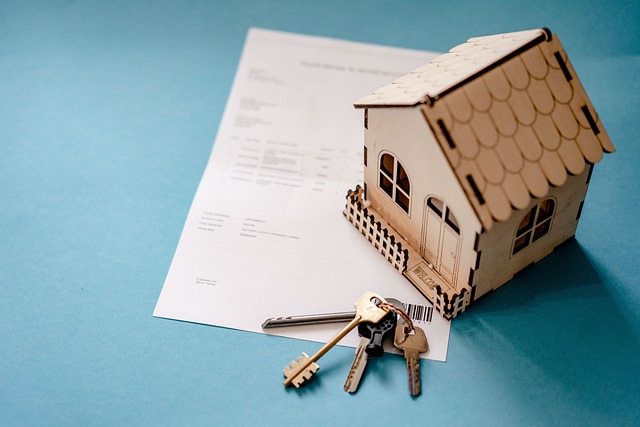
Executive Condos (ECs) are a unique housing option in Singapore’s property landscape, designed to cater to the needs of young couples and families who aspire for higher standards of living yet are not ready to transition fully into private property ownership. Unlike traditional public housing provided by the Housing & Development Board (HDB), ECs offer a blend of public and private housing elements. Prospective buyers must meet specific eligibility criteria to apply for an EC. They include being Singaporean citizens, at least one applicant having not owned a flat before, and the income ceiling stipulated by the CPF Board.
The benefits of living in an Executive Condo are manifold. For starters, ECs provide a more spacious and varied living environment compared to HDB flats, often with larger units and additional amenities like swimming pools, gymnasiums, and function rooms that are not commonly found in HDB estates. Moreover, as a form of public housing, ECs come with subsidies from the government, making them more affordable than private properties. Additionally, EC residents enjoy proximity to various amenities such as shopping centers and transportation nodes, similar to those available to HDB residents. The transition from an HDB flat to an EC is a step up the property ladder that offers both financial savings and an enhanced lifestyle, making it an attractive option for many Singaporeans at different life stages.
Comparing ECs to HDB Flats: Key Differences in Ownership and Resale Potential

When considering residential options in Singapore, potential homeowners often compare Executive Condos (ECs) with Housing & Development Board (HDB) flats. Both types of housing serve different needs and come with distinct ownership and resale characteristics. ECs, which are a hybrid of public and private housing, offer a unique set of benefits for eligible Singaporeans. Unlike HDB flats, which are exclusively for Singapore Citizens, ECs can be purchased by both Singaporeans and Permanent Residents who meet the specific criteria set by the Housing & Development Board (HDB). This inclusivity extends to the resale potential of these units; while HDB flats typically cater to a broader market of Singaporean citizens, ECs attract a niche market due to their status as a stepping stone to private property. The resale value of an EC is influenced by market demand and the maturity of the estate, with more mature ECs often offering competitive pricing in the resale market compared to newer HDB flats. Additionally, ECs come with a shorter minimum occupancy period of five years before they can be sold on the open market, as opposed to the ten-year minimum occupation period for HDB flats. This distinction makes ECs an attractive option for those looking to upgrade within a shorter timeframe while still benefiting from the subsidies and financial assistance available for public housing.
Financial Considerations: Cost of Acquisition, Stamp Duty, and Mortgage Options for ECs vs HDB Flats

When considering the financial implications of purchasing an Executive Condo (EC) versus a Housing & Development Board (HDB) flat, potential homeowners must examine the cost of acquisition, stamp duty, and mortgage options available for each. ECs are designed to offer a middle ground between public and private housing, catering to the needs of upgraders with more financial flexibility. The acquisition costs for an EC can be higher than those for an HDB flat due to their larger size and amenities. However, as they are 99-year leasehold properties, they may also appreciate in value over time, which can be a consideration for long-term investment.
Stamp duty, a significant financial factor, differs for ECs and HDB flats. The stamp duty for an EC is generally higher than that for an HDB flat, reflecting the property’s market value. Prospective buyers should also explore the various mortgage options available to them. Banks typically offer a range of loan packages for both EC and HDB purchases, with varying interest rates and loan-to-value (LTV) ratios. For ECs, the loan eligibility is governed by the Housing & Loan Board (HLB), whereas for HDB flats, buyers have access to the Fixed Rate Scheme (FRS) which offers a fixed interest rate for a set period, providing financial stability and predictability. It’s important for potential buyers to carefully assess these financial considerations when deciding between an Executive Condo and an HDB flat, as they will significantly influence the overall cost of ownership and the affordability of the property.
Design and Amenities: What to Expect from Executive Condos Versus Public Housing Developments
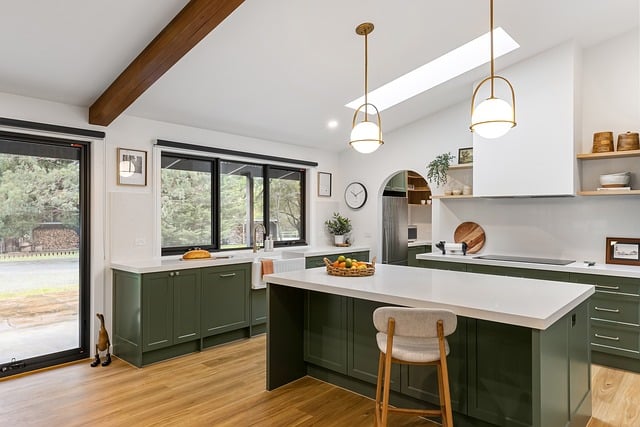
Executive Condos (ECs) and HDB flats both serve as residential options for individuals and families in Singapore, yet they present distinct design and amenity offerings. ECs are specifically tailored to meet the needs of sandwich class individuals who do not qualify for public housing but earn too much to purchase an HDB flat at market rates. These condominums often boast a range of modern facilities that cater to a comfortable and luxurious lifestyle. Residents can expect top-tier amenities such as swimming pools, gyms, function rooms, tennis courts, and playgrounds within the development itself. The design of ECs emphasizes space and privacy, with larger units compared to HDB flats, often featuring three or four bedrooms that are well-suited for families.
In contrast, Public Housing Developments (HDB) by the Housing & Development Board are designed with efficiency and accessibility in mind, catering to a broader spectrum of the population. While newer HDB estates also offer a variety of amenities, they may differ in scale and scope when compared to ECs. These can include community centers, wet markets, hawker centers, and lifestyle hubs that promote a sense of community and convenience. The design of HDB flats focuses on maximizing the use of space within compact units, offering practicality for smaller households or singles. The layout is optimized for daily living with essential amenities within close proximity, ensuring residents have access to necessary facilities without compromising on affordability. Both types of residences are designed to meet different needs, with ECs providing a higher standard of living through more expansive and luxurious facilities and HDB flats offering a practical and cost-effective solution for the majority of Singapore’s population.
Location and Connectivity: Assessing the Proximity to Amenities in Both Types of Housing
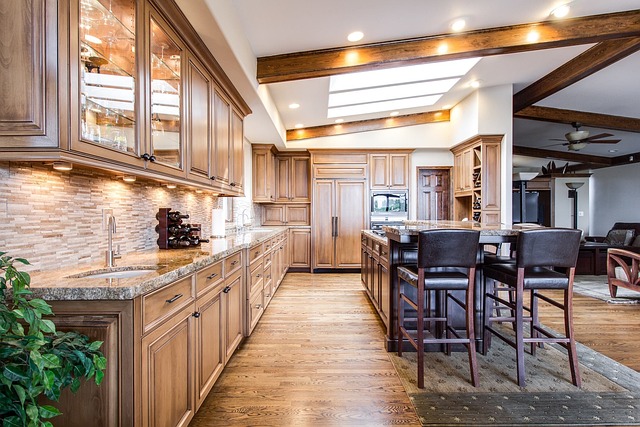
When considering the merits of an Executive Condo (EC) versus a Housing & Development Board (HDB) flat, location and connectivity emerge as pivotal factors for residents’ daily lives. Executive Condos, designed for aspiring homeowners who do not qualify for private property but can afford higher-tier public housing, often boast prime locations near major transportation hubs and key amenities. These residences are typically situated in mature estates, offering easy access to a network of MRT lines, bus services, and expressways, which significantly cuts down travel time to the Central Business District or other commercial centers. The proximity to shopping malls, supermarkets, restaurants, and recreational facilities is a key advantage for EC residents, ensuring that daily errands and leisure activities are within convenient reach.
In contrast, HDB flats are strategically located across all parts of Singapore, with an emphasis on inclusivity and accessibility for all income groups. While newer HDB estates are also well-connected with the rest of the island through public transport infrastructure, older estates might require more planning to navigate. However, HDB’s strategic town planning ensures that residents have access to essential amenities like neighborhood shops, wet markets, hawker centers, and community centers within a short walking distance. This proximity to everyday necessities makes HDB flats an attractive option for those who prioritize convenience without the premium price tag associated with Executive Condos. Both types of housing offer different advantages in terms of location and connectivity, and potential homeowners should weigh these aspects against their lifestyle preferences and budgetary constraints.
Long-Term Living: Resale Value, Rental Potential, and Future Market Trends for ECs and HDB Flats

When considering long-term living, the resale value and rental potential of an Executive Condominium (EC) or a Housing & Development Board (HDB) flat are pivotal factors for residents. ECs, which cater to Singaporean families with longer lease options compared to standard HDB flats, have gained popularity due to their appealing features that align with the evolving needs of residents. As these ECs age and their leases diminish, the resale value can be influenced by market trends, proximity to amenities, and the condition of the property. Prospective buyers often assess future developments in the vicinity, such as new MRT lines or commercial hubs, which can affect property desirability and value. On the other hand, HDB flats offer stability with their 99-year leases and are tied to the government’s housing policies, which ensure a consistent resale market. The rental potential of both ECs and HDB flats is subject to economic conditions and demographic shifts. ECs might appeal more to families looking for a step up from an HDB flat with the option to upgrade to a private property after the lease matures. Conversely, HDB flats are typically the first home for many Singaporeans and serve as a stable investment due to their widespread demand and the robust resale market facilitated by the HDB Resale Price Index. Both types of housing provide unique long-term living benefits, with ECs offering a semi-private living experience and HDB flats ensuring affordability and accessibility for the broader population. Investors and residents alike should monitor market trends and lease remaining to make informed decisions about their long-term housing investments.
Making the Right Choice: Factors to Consider When Deciding Between an Executive Condo and an HDB Flat
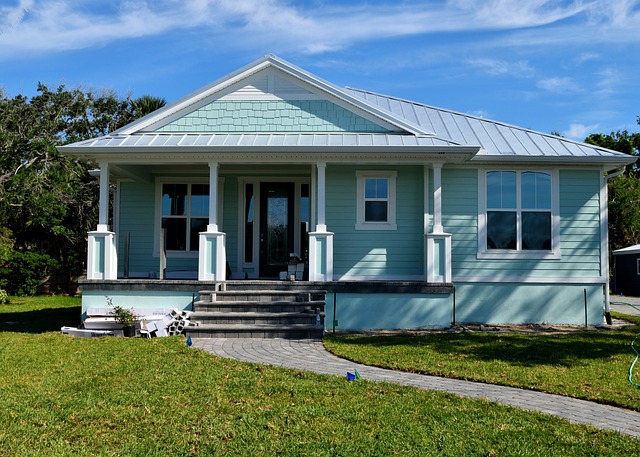
When pondering over the decision to invest in an Executive Condo (EC) or a Housing and Development Board (HDB) flat, it’s crucial to weigh various factors that align with your long-term financial goals and lifestyle preferences. An EC is specifically designed for Singaporean families who aspire to own a larger and more luxurious home without the immediate restrictions of a resale HDB flat. Unlike traditional HDB flats, which are subsidized by the government and come with a shorter lease, ECs offer a 99-year leasehold tenure similar to most private condominiums. This aspect becomes particularly significant when considering the property’s value over time and its potential to cater to your space needs as your family grows.
Furthermore, when assessing the suitability of an EC or an HDB flat, consider the eligibility criteria and the financial implications. ECs are designed for Singaporean couples who may not yet meet the income ceiling for a public housing grant but still desire a property with the potential for appreciation. The CPF housing grants available for ECs can significantly reduce the initial outlay, making it an attractive option for those looking to maximize their investment potential. Additionally, the amenities and facilities typically found in ECs, such as swimming pools, gyms, and playgrounds, offer a lifestyle that may not be available in all HDB estates. This comprehensive living environment is tailored to suit the needs of families seeking both community and convenience. When making your choice, also reflect on factors like proximity to work, family, and the social infrastructure available in the vicinity, as these will influence your daily life and comfort.
When considering the transition from public housing to a more private living space, discerning homebuyers often weigh the options between an Executive Condo (EC) and an HDB flat. This article has dissected each aspect of these housing types, from eligibility and benefits to financial considerations, design amenities, and future market trends. ECs stand out with their unique blend of private and public living features, offering a distinct advantage in terms of resale value and rental potential. Prospective residents will find that the choice between an EC and an HDB flat hinges on various factors, including personal preferences for design and amenities, desired location, and long-term investment goals. Ultimately, understanding the intricacies of both options allows individuals to make informed decisions tailored to their lifestyle and financial situation. For those looking to elevate their living experience while considering resale value, Executive Condos present an attractive option in Singapore’s diverse housing landscape.
